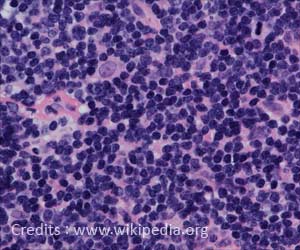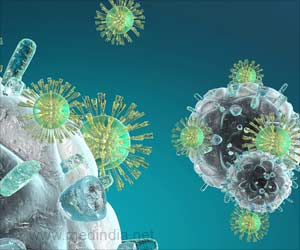Methods Mol. Biol.
Engineering T Cells Using CRISPR/Cas9 for Cancer Therapy.
Zhang X, Cheng C, Sun W, Wang H
Recent advances in the development of gene editing technologies, especially the CRISPR/Cas 9 system, have substantially enhanced our ability to make p ...
Read More
Source: PubMed
Methods Mol. Biol.
Use of RNA Interference with TCR Transfer to Enhance Safety and Efficiency.
Casey NP, Kyte JA, Fujiwara H
The gene transfer of T-cell receptors (TCRs) is an attractive strategy for adoptive cell therapy, allowing the transfer of reactivity against antigens ...
Read More
Source: PubMed
Methods Mol. Biol.
Unleashing the Therapeutic Potential of Dendritic and T Cell Therapies Using RNA Interference.
Sioud M
Therapeutic dendritic cell (DC) cancer vaccines work to boost the body's immune system to fight a cancer. Although this type of immunotherapy often le ...
Read More
Source: PubMed
Nat Commun
Persistence of adoptively transferred T cells with a kinetically engineered IL-2 receptor agonist.
Parisi G, Saco JD, Salazar FB, Tsoi J, Krystofinski P, Puig-Saus C, Zhang R, Zhou J, Cheung-Lau GC, Garcia AJ, Grasso CS, Tavaré R, Hu-Lieskovan S, Mackay S, Zalevsky J, Bernatchez C, Diab A, Wu AM, Comin-Anduix B, Charych D, Ribas A
Interleukin-2 (IL-2) is a component of most protocols of adoptive cell transfer (ACT) therapy for cancer, but is limited by short exposure and high to ...
Read More
Source: PubMed
Oncoimmunology
B7-H3 specific T cells with chimeric antigen receptor and decoy PD-1 receptors eradicate established solid human tumors in mouse models.
Huang B, Luo L, Wang J, He B, Feng R, Xian N, Zhang Q, Chen L, Huang G
The application of chimeric antigen receptor (CAR)-T cell therapy in patients with advanced solid tumors remains a significant challenge. Simultaneous ...
Read More
Source: PubMed









